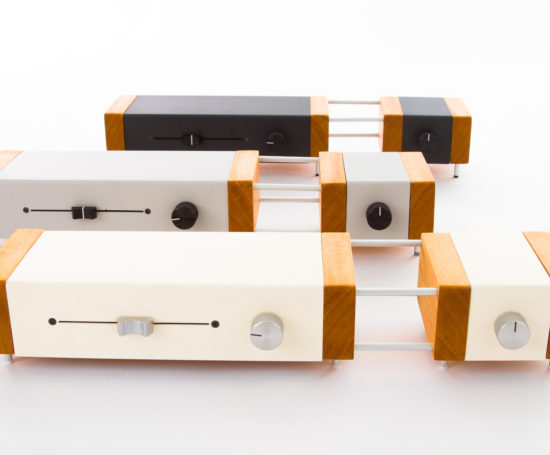Lab Talk: An Anatomy of Slow Technology Research Products
August 12 at 11.30

The convergence of social, cloud and mobile computing has created a world in which people generate, access, manipulate, and share personal digital data at larger scales and faster rates than ever before. From digital photo albums to online music streaming services, these new technologies have enabled people to create vast archives of digital data that capture their life experiences. These technological trends raise complex questions for the HCI community as we critically look to the future and consider their longer-term implications. As archives continue to grow, how will people live with their personal data in ways that support their evolving practices and understandings of self as they change over time? What kinds of qualities should designers consider in crafting a longer-term place for computational things in everyday life?
Early research has begun to show that designing technologies that intentionally slow down interactions with digital artifacts can make them more valuable parts of everyday life. However, the conceptualization of ‘slowness’ as a design approach is underdeveloped and exemplars of how it can be translated into design strategies are sparse. Research through Design (RtD) is an emerging research method in interaction design that grounds theoretical investigations through the research‐creation activity of design. The design artifacts produced through RtD offer exemplars of how theoretical concepts can be articulated and refined through the creative practice of design. In this way, RtD offers concrete ways to surface new knowledge on how complex social issues like digital overload can be reframed and approached.
Over the past several years, I have worked on several practice-led projects to investigate how the slow technology design philosophy might offer a critical framing for inquiring into the research questions posed above — and how slow technology itself could be further theoretically developed. In this talk I will surface and attend to key details related to the process of designing and making slow technology research products.
BIO
William Odom is an Assistant Professor in the School of Interactive Arts and Technology at Simon Fraser University in Vancouver, Canada, where he co-directs the Everyday Design Studio. He leads a range of projects in slow interaction design, the growing digitization of people’s possessions, and methods for developing the practice of Research-through-Design. His work has received best paper awards at the ACM conferences including CHI, DIS, and Ubicomp, as well as a silver international design excellence award (IDEA) from the Industrial Designers Society of America. He holds a Ph.D. in Human-Computer Interaction from Carnegie Mellon University, and was previously a Fulbright Scholar in Australia, a Banting Fellow in Canada, and a Design United Research Fellow in the Netherlands.
